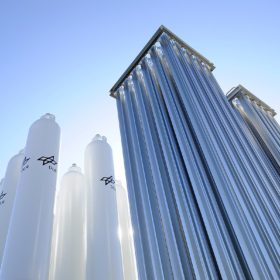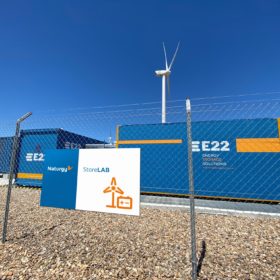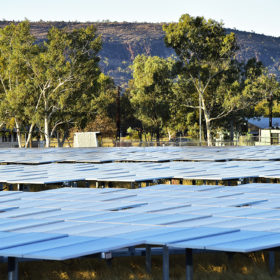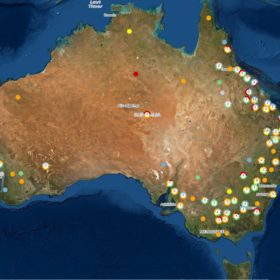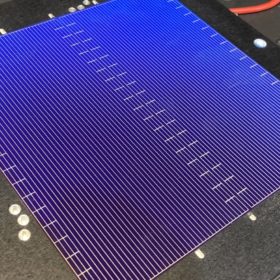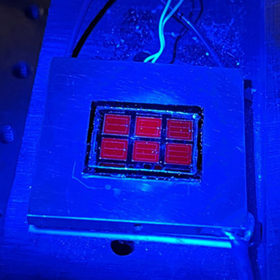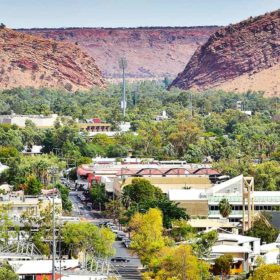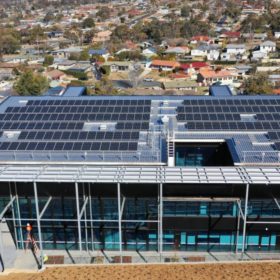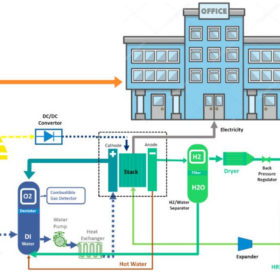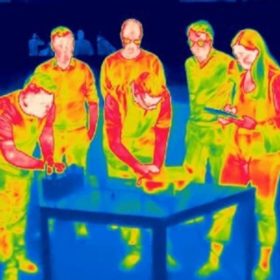WA company expects green hydrogen production ‘significantly earlier’ than anticipated following promising study
Western Australian developer Frontier Energy, a relatively new player in the renewable space, says preliminary findings from its green hydrogen study indicate it could be producing “significantly earlier than originally anticipated” from its Bristol Springs Solar Project, to be located south of Perth.
Lithium-ion vs. vanadium redox flow storage
UK scientists have compared the performance of lithium-ion storage systems and vanadium redox flow batteries for a modeled 636 kW commercial PV system in southern California. They have found that both technologies, coupled with an oversized PV array, could achieve a levelised cost of electricity of less than US$0.22/kWh (AU$0.32/kWh), while offering a self-sufficiency ratio of 0.95.
Outback VPP trial to offer glimpse of renewables-dominated future
With some of the highest rooftop solar PV penetration in Australia the outback town of Alice Springs will soon play host to the Northern Territory’s first resident Virtual Power Plant with the project partners exploring how best to bolster the reliability of the local grid and pave the way for the increased penetration of renewable energy.
Australian solar projects catalogued by global mapping tool
United States-based data company Global Energy Monitor has launched a new open-source tool that lists Australia’s large-scale solar plants alongside those from another 147 countries.
Gallium doping and solar cell degradation
German scientists have conducted a series of experiments on gallium-doped silicon solar cells to understand the causes of degradation in PV cells and modules treated with gallium rather than boron. They confirmed that the performance losses are caused by a bulk defect in the material, and found that the right combination of light and temperature can “heal” earlier damage and even lead to small improvements in overall cell efficiency.
Quantum well superlattices for a new world record cell efficiency of 39.5%
Scientists in the United States have fabricated a triple-junction solar cell that reached 39.5% efficiency – a world record for any type of cell under one-sun illumination. Though relying on materials and processes that are still too costly for most commercial uses, the concept could soon see actual applications in powering satellites and other space-bound technology.
Outback town teams with CDU to research renewable energy future
With the Northern Territory town of Alice Springs turning towards renewable energy to address the challenges associated with its isolated grid, researchers from Charles Darwin University have announced they will help investigate how the outback community can facilitate its transition towards a renewables-dominated future.
Virtual power plant technology on trial in NSW schools
The New South Wales government has announced plans to use part of an estimated eight million square metres of public school roof space to install rooftop solar PV as it seeks to test the most effective ways to generate, store and export renewable energy into the state’s electricity grid.
Cost comparison between lithium batteries, fuel cells, reversible solid oxide cells as storage for off-grid rooftop PV
Scientists in the United Arab Emirates have looked at how off-grid rooftop PV could be combined with batteries, fuel cells or reversible solid oxide cells for energy storage. The modelling assumed a typical commercial building in Los Angeles.
UNSW researchers crack ‘night-time’ solar
Researchers from the University of New South Wales have made a major breakthrough in what was previously conceived of only in theoretical terms, namely, ‘night-time’ solar power.
